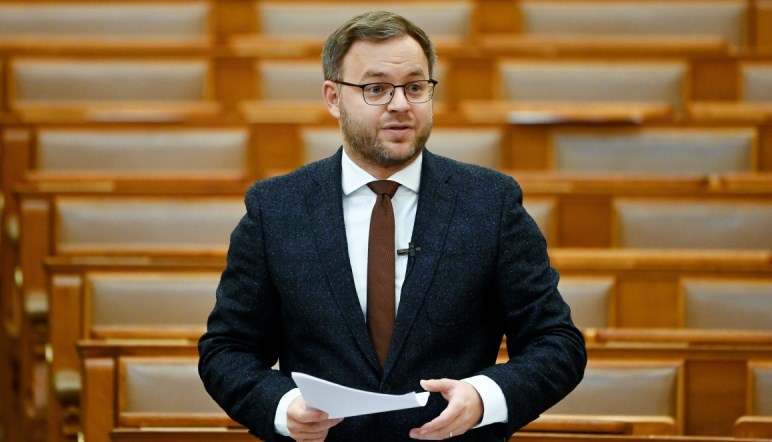Hungary urges EU to ditch sanctions policy, resort to diplomacy
Following the heavy consequences that the EU is facing as a result of its failed sanctions strategy against Russia, Hungary urges EU nations to ditch this strategy.

The EU should take a step back from the sanctions policy against Russia and engage with Moscow about a ceasefire in Ukraine, said the Hungarian PM advisor for political affairs, Balazs Orban.
In his statement, Orban said that "At the end of the day Europe will be on the losing side of this war because of the economic problems. Our recommendation would be that we should stop the sanction process," adding that "Right now what we experience is that the more sanctions we accept, the worse shape we are in."
Orban insisted that the EU has to "think about something. Negotiations, ceasefire, peace. Diplomacy. That's our solution." The PM advisor believed that the sanctions strategy has failed to contain Russia or end the conflict in Ukraine.
Ukraine war & EU inflation
Earlier in June, Hungarian Prime Minister Viktor Orban indicated that the war in Ukraine and the anti-Russian sanctions had already caused "wartime inflation, which is different from inflation in a normal situation" throughout Europe.
"As long as there is a war on, there will be inflation. Peace is the only way to stop wartime inflation," he affirmed.
Orban highlighted that his government is now forced to take additional measures "to protect Hungarian families and curb utility bills."
As for Germany, the Economic ministry spokesperson estimated, on June 6th, that an extra 10 million cubic meters per day are required to fulfill the needs of the market. The spokesperson further added, in an email response, that "the quantities are procured on the market and at market prices. No information can be given on the exact amounts due to commercial confidentiality."
Read more: Germany to pursue gas projects, renewable energy with Senegal
The cost, currently about €3.5 billion ($3.7 billion) a year, could increase as further costs are likely to arise from the filling of the Rehden natural gas storage facility as ordered by Robert Habeck, the Economy Minister.
Moreover, a Welt am Sonntag report stated that costs are likely to reach consumers as they will be passed down to them through energy suppliers. This could start impacting consumers as early as October.
On June 23, Vice Chancellor and Economy Minister Robert Habeck said that winter in Germany is coming politically, stressing that the energy crisis is already underway in Germany.

 3 Min Read
3 Min Read









